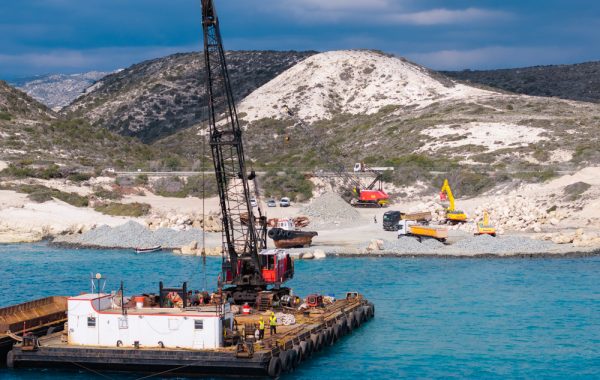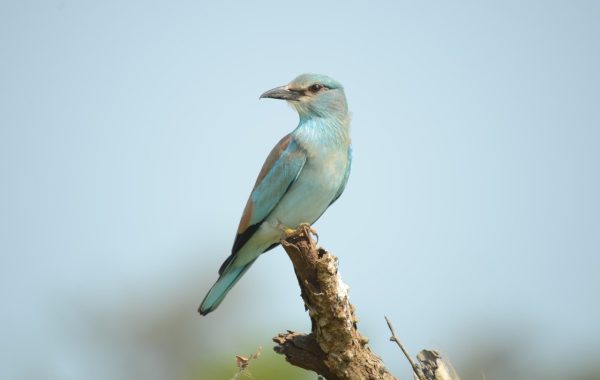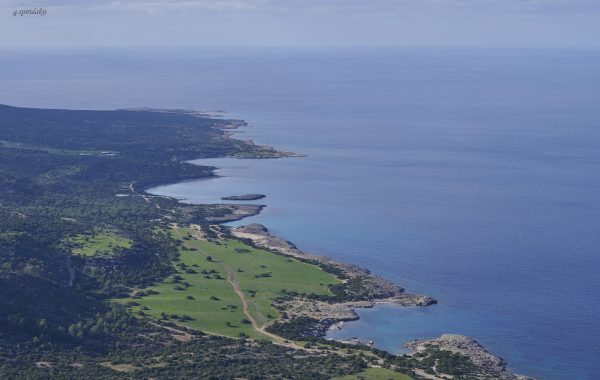“At long last – but will it last?” If contained enthusiasm was ever put into words, this is what it would probably sound like here at BirdLife Cyprus. We say ‘enthusiasm’ because after years and years of hard work campaigning, lobbying, surveying, educating, we saw bird trapping levels drop to an almost all-time low this past autumn. But we also say ‘contained’ because the beast is nowhere near knocked-out yet.
The analysis of the field data from our systematic surveillance programme for autumn 2017 showed a staggering reduction of 79% in mist netting levels, compared to 2002, which is when our systematic surveillance programme first began. The survey area included the Larnaca-Famagusta and Ayios Theodoros-Maroni areas, which are the main trapping hotspots of the island. While this is a significant and positive decrease, it must be noted that the competent authorities still confiscated 230 mist nets and almost 1600 limesticks during the autumn 2017 trapping season (see full report for more details).
We acknowledge the commitment of the competent authorities, who appear to have bolstered their efforts to reduce illegal trapping. We believe that the significant reduction in mist netting can be attributed to the high on-the-spot fines handed out in the Republic of Cyprus, as well as the various measures employed by the SBA Administration and SBA police, including the continuation of the covert surveillance work supported by the RSPB Investigations Team. An estimated 460,000 birds were killed this autumn across the entire island, compared with autumn 2016’s estimated 2,300,000 birds. 460,000 birds however is still a very high number and so in no way has the trapping problem been resolved.

As long as people continue to eat ambelopoulia, illegal bird trapping will continue to be a problem, facilitated by restaurants that continue to serve this illegal dish. Raids and prosecutions of restaurants by competent authorities in 2017 increased (7 restaurants owners were prosecuted for illegally serving birds), but there needs to be a concentrated law enforcement effort on these law-breaking restaurants, which are the economic driver behind the illegal ambelopoulia business. A serious problem also persists with limestick use and in particular with their indirect decriminalisation through a recent law amendment that foresees a lower fine of only 200 euro.
Another key issue is the removal of acacia, a non-native invasive species planted by bird trappers to attract migrating birds. The SBA Administration’s acacia removal program has been on hold since October 2016, due to protests from locals in the area. This past year, we have seen the SBA Administration targeting its resources to removing the illegal irrigation piping that is used to water the acacias. This new measure is a positive effort, but we believe that in order to ensure a permanent stop to the industrial killing of birds in Cape Pyla, it is vital that the acacia removal programme continues and the natural habitat is restored.
We may have won the battle this year, but we have not won the war, and we hope to see continuing and permanent reductions in the years to follow. And while it would probably take a math genius to figure out how many birds were saved from certain death this autumn, allow us to say this: thousands of them.




